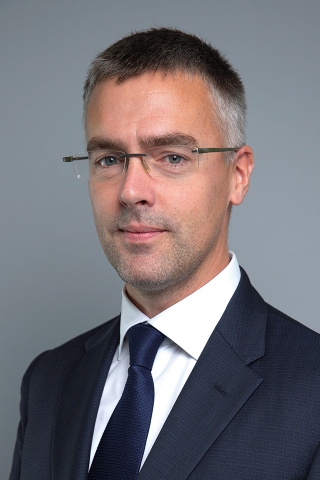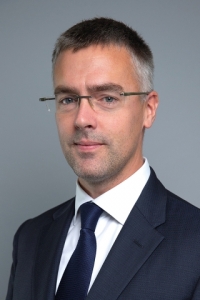GT LIVE Interview with the Swedish Ambassador to Georgia, Ulrik Tideström
As part of GEORGIA TODAY’s ongoing ‘Ambassadors Go Live’ series, we spoke to the Swedish Ambassador to Georgia, Ulrik Tidestrom, about COVID-19 past, present and looking ahead to world recovery, and about how Sweden is helping Georgia in its reforms.
To kick off, here are the latest COVID-19 statistics from Sweden, which is 450,295 km² and has a population of 10.23 million.
Sweden appears 23rd on the Worldometer coronavirus list. It has 193 critical patients at present, 5,209 Swedish citizens have died, and total cases currently stand at 62,324.
How have you and your Embassy coped and adjusted during the pandemic?
We’ve been very busy, and I would highlight three directions of our work over the past three months. The first is our development cooperation: we have, together with our Georgian partners, gone through each and every program and project and made adjustments according to the situation and the needs, and we are very happy with the results of our work. Then, of course, we have tried to assist Swedish citizens in Georgia, helping the few here looking for ways to go home, and providing other conciliar assistance to our citizens. The third direction is that we have tried to stay in touch with and support Swedish companies in Georgia and facilitate their dialogue with the authorities. At every stage, we have had wonderful cooperation with our Georgian counterparts and the government, as well as civil society and the private sector.

What steps have your country’s government and healthcare system taken to fight COVID-19 at home, and abroad in terms of aid?
There has been quite a bit of international attention on Sweden’s response to the crisis, and as part of this attention, there have been misunderstandings and quite a bit of misinformation in describing what is happening there. For instance, the narrative that the Swedish strategy in the fight against coronavirus was radically different from that of other countries is not correct. Another narrative was that we were aiming for the so-called herd immunity, and that life in Sweden was carrying on as normal: none of this is true. We have exactly the same goal as other countries: to protect lives and public health, and as part of that we’ve worked hard to strengthen our healthcare system so that it can provide intensive care for those in need. That has worked well: intensive, advanced care has been available throughout the crisis. The measures taken in Sweden are very similar to those in other countries. We have brought down mobility within and in-and-out of the country; we’ve practiced social distancing; we’ve tried to protect more vulnerable risk groups; we’ve carried out tests. One difference in the measures taken by Sweden compared to other countries is that restrictions have not always been mandatory or legally binding; instead, they came in the form of recommendations from the government. That is something that typically works quite well in Sweden; there is a high degree of trust between the population and the government, and vice versa. Certain measures have been mandatory, like banning public gatherings. So, life has not been going on as normal in Sweden. There is no such thing as a radically different Swedish strategy. Just like other countries, we’ve based our decisions on the advice of experts.
We’ve had many corona-related deaths in Sweden; this of course is a great tragedy. One reason for this is that the virus found its way into many care-homes for older people, so I think it would be fair to say that we’ve not fully succeeded at providing adequate protection for older people. Lessons have been learned and changes have been made, and we’re already seeing positive results from these changes. More and more care homes are becoming COVID-free and the number of overall deaths is decreasing. But of course, the crisis is not yet over for any of us.
One of the main differences between Sweden and other countries is that we didn’t close schools for young children. High schools were switched to a remote model, but kindergartens and younger children’s classes continued as before.
What is your country doing to support its citizens, especially those who lost their jobs due to the pandemic?
The Swedish economy has of course suffered due to the global recession we’re witnessing. The main priority has been to reduce the spread of the virus and to protect public health, and this has had a huge economic impact. Our country has allocated additional funds to those responsible for the healthcare system and many other critical functions. We’ve temporarily removed the standard deduction from sick pay to encourage people to stay home if they have symptoms. We’ve also abolished the requirement to present a medical certificate. The government has tried hard to save jobs and to save businesses in Sweden, and to provide financial security and transition opportunities for those who lost their jobs. When it comes to saving businesses, jobs and livelihoods, separate packages have been introduced by our government to reduce the costs for companies and strengthen their liquidity, as well as to improve their access to finance. We’ve been providing support for short-term layoffs, so that companies don’t have to terminate employees, and we’re trying to make new investments to stimulate the economy: there are discounts and fixed rental costs for companies in vulnerable sectors. Just like Georgia and other countries, we’re providing a lot of extra support to small and medium-sized companies through supporting loan guarantees and finding ways to facilitate their access to finance. We’ve also introduced packages to support culture and sport.
In terms of the rising unemployment, we’ve introduced new rules that make it easier to qualify for unemployment benefits; we’ve strengthened the transition opportunities for unemployed citizens so that they can quickly find new jobs; we’ve created more places in higher education and vocational training; and we’ve also tried to create new and green jobs. These are some examples of how our government has been trying to mitigate the crisis.
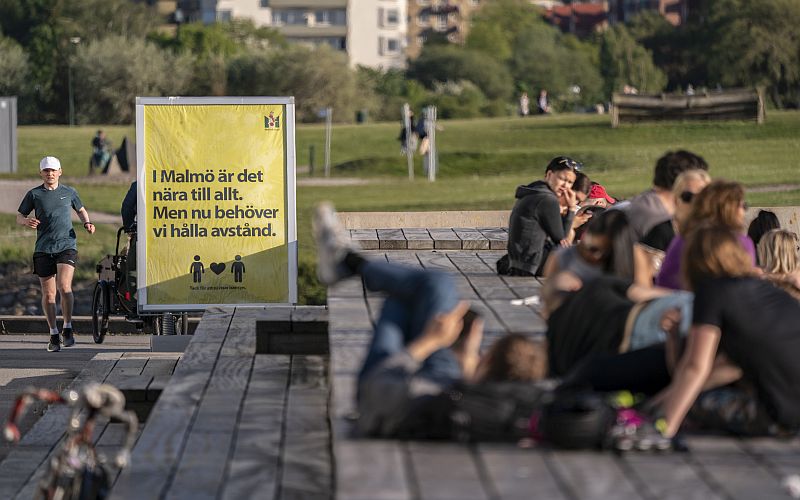
Tell us about Sweden's work to develop a vaccine.
Many Swedish companies are actively engaged in the process of vaccine development, as are those of other countries. The most optimistic forecasts tell us that maybe by the end of the year or at the beginning of next year there could be a functioning vaccine available, and I guess time will tell.
How do you see Sweden in 6 months’/one year’s time in terms of recovery?
Our economy is very much dependent on exports, so it is important how events develop in Europe and globally. We will keep taking measures on the national level, but we also need to keep cooperating on the international level and make joint efforts. There are discussions within the EU on an unprecedented support package for the European economy.
This summer, the focus in Sweden will be on domestic tourism. We’re still advising our citizens to refrain from unnecessary travel, and we still have an entry ban in place. It’s not a total ban, but no doubt we’ll have less international tourism this summer than usual.
As for economic recovery, globally, I think we need to build back better as we try to recover our economies, and each country should really use this opportunity to create a more sustainable economy. As we rebuild, we need to think more about environmental sustainability, about inclusive growth, where no one is left behind: this is an opportunity to rebuild our economies together.
Many publications, both in the US and Europe, have praised Georgia’s handling of the pandemic. What’s your take on that?
I fully understand and share this positive assessment. I’ve been very impressed by how Georgia has handled this crisis, how the government took active measures, how civil society has responded, how the people of Georgia came together in solidarity and have shown great discipline in following the rules and restrictions. Sweden is supporting Georgia in these efforts, in immediate crisis response, and in the economic recovery. We have a portfolio of electoral development cooperation together with our partners in Georgia, and made a lot of adjustments to ongoing programs and projects. We have been able to provide support to the NCDC, making it possible for them to introduce online training for thousands of medical staff; with the UNDP, we helped Georgia in further reforming its healthcare sector, all building on Georgia’s positive experience to date. We’ve also added some new support; for instance, we’ve granted quite a substantial amount to the Georgian Red Cross. They, as many front-line responders, are doing a fantastic job. Of course, we will continue our support to Georgia and its European integration. As you know, Sweden is one of the major donors to the UN system, and we’ve added additional financing during this crisis. The UN is very active in Georgia, so we continue to support in various ways, as a devoted friend of Georgia.
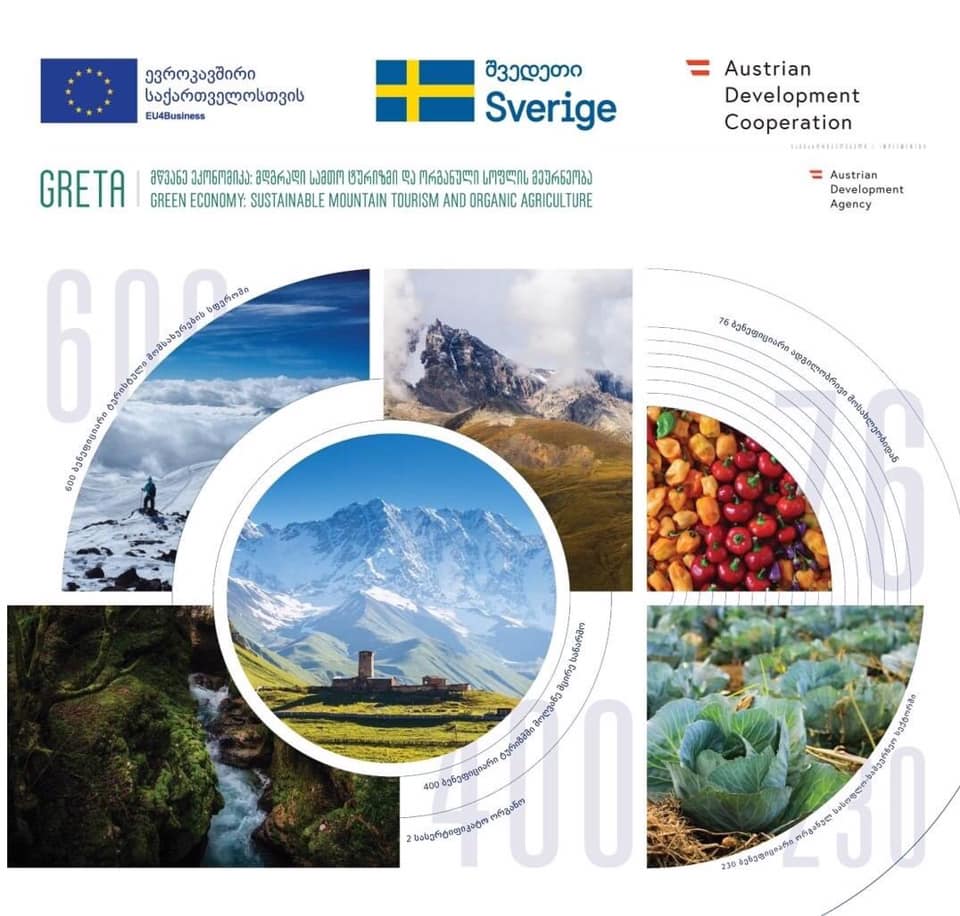
Tell us about the GRETA project.
GRETA is about sustainable tourism and organic agriculture in the mountainous regions of Georgia. This is a relatively new project and is being implemented by experts from Austria, with co-funding from Sweden and the EU. I’m very enthusiastic about it. It should help the mountainous regions to develop tourism in a sustainable way, helping businesses there to grow, and creating new jobs and incomes, so it’s a very comprehensive project.
Tell us of Sweden's work to promote the participation of women in politics.
Gender equality is, of course, a top priority for Sweden. And this includes a better balance between men and women in politics. The current Georgian parliament has fewer than 15% women MPs, which is very much below European and international goals. In Georgia, the upcoming elections are a great opportunity to further strengthen democracy and gender equality in politics. When countries have a better gender balance in politics, their political culture improves. We also know that better gender equality in politics results in even better policies in any area. So, it will also be very beneficial for continued reforms in Georgia’s European integration. I’m not just a friend of Georgia: I believe in Georgia and the potential of this remarkable country.
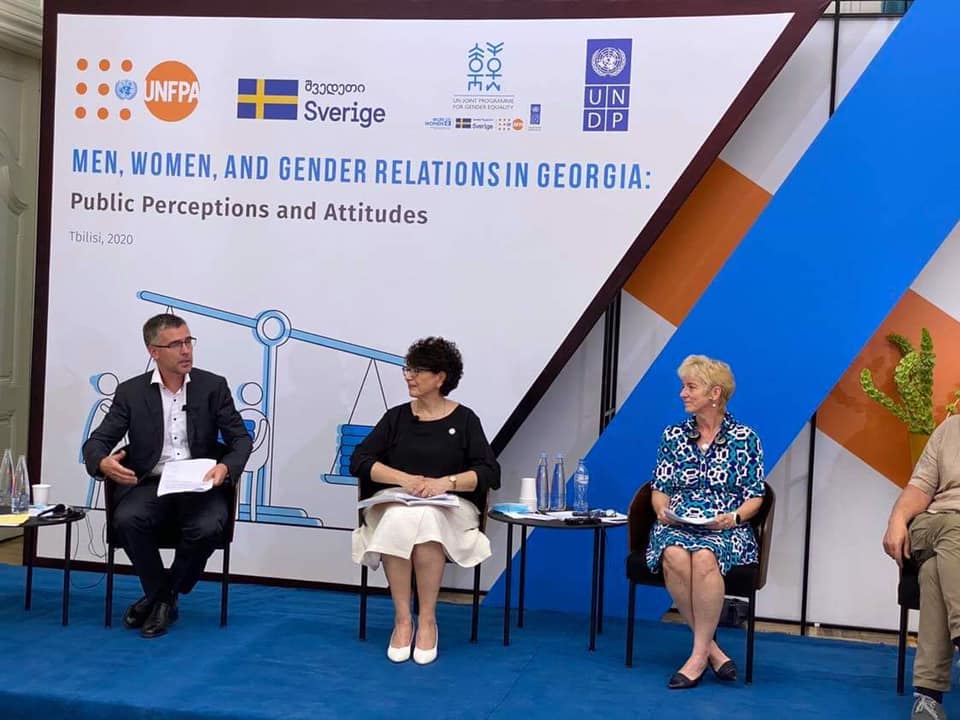
What has your biggest take-away been from this whole pandemic experience?
Of course, it’s that we need to keep working together. This is a global pandemic; a global crisis. I don’t think any single country will be able to tackle it alone. We need to work together, to be strong together. And we need to be patient and stay disciplined and not forget the basic measures that we all had to learn when the crisis started: to keep our distance, wash our hands. It’s a joint responsibility, it’s not just about governments, and Georgia has shown this. When everybody engages, we get results, and we need to keep doing that.
